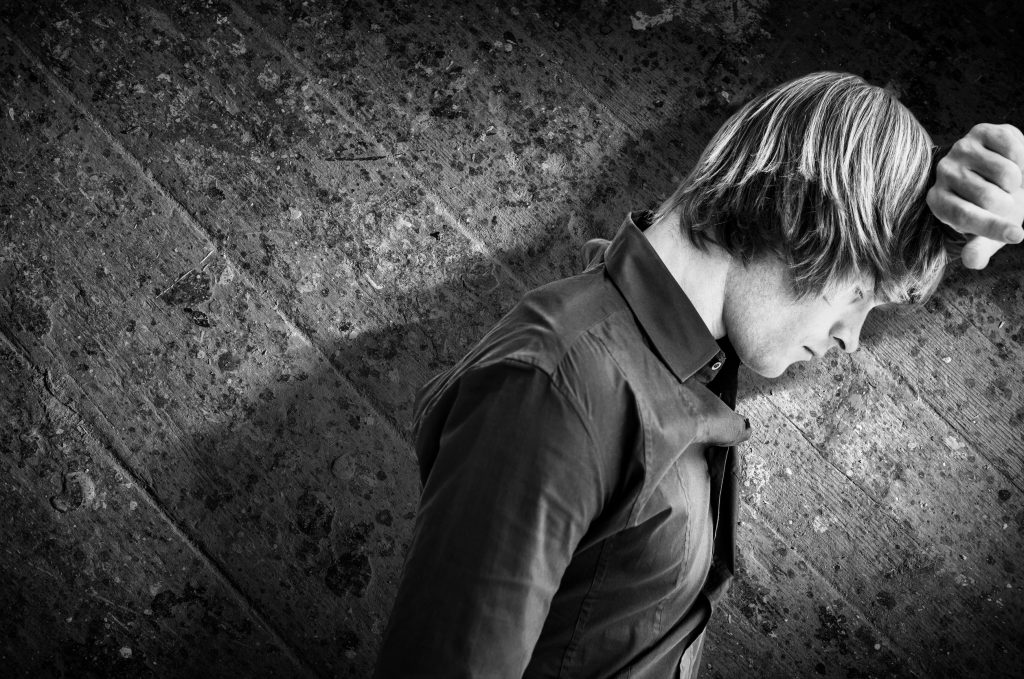
We all have little quirks and habits, things we do without much thought. But sometimes, these seemingly harmless routines can be quiet signals pointing to deeper feelings, particularly about ourselves. Low self-esteem often hides behind everyday actions, whispering insecurities we might not even recognize consciously. Are some of your casual habits actually revealing a lack of self-love or confidence? Let’s uncover eleven common behaviors that might be screaming, “I don’t like myself.” Understanding these can be the first step toward building healthier self-esteem.
1. Constant Apologizing
Saying “sorry” for things that aren’t your fault is a frequent sign. You might apologize for taking up space or expressing a need. This habit often stems from feeling like a burden or inherently flawed. It reflects a belief that your presence or actions are naturally bothersome. Constantly apologizing diminishes your standing and reinforces low self-esteem.
2. Downplaying Compliments
Immediately deflecting praise suggests discomfort with positive attention. Someone compliments your work, and you instantly point out flaws or credit others excessively. This isn’t humility; it’s often an inability to internalize positivity. It comes from a core belief that you aren’t truly worthy of the praise. This habit prevents you from building confidence and healthy self-esteem.
3. Chronic Indecisiveness (Even on Small Things)
Struggling to make simple choices, like what to eat or watch, can indicate low self-trust. You might constantly seek others’ opinions because you doubt your own judgment. This fear of making the “wrong” choice often links back to a fear of criticism or failure. It reflects a lack of confidence in your own preferences and abilities, undermining your self-esteem.
4. Avoiding Eye Contact
Difficulty maintaining eye contact often signals social anxiety or insecurity. It can feel too vulnerable, as if someone might “see” your perceived flaws. Avoiding gaze can stem from feeling unworthy of direct attention or connection. This habit subtly communicates discomfort with yourself in social interactions. Consistent avoidance can be a sign of struggling self-esteem.
5. Excessive Self-Deprecating Humor
While occasional self-deprecation can be funny, constant jokes at your own expense are different. Using humor to continually highlight your shortcomings might be a defense mechanism. It’s a way to point out your flaws before someone else does. This habit can mask genuine pain and reinforce negative self-perceptions, damaging your self-esteem over time.
6. Neglecting Personal Needs
Consistently putting others’ needs far ahead of your own can signal low self-worth. Skipping meals, lacking sleep, or ignoring your own relaxation because you’re “too busy” helping others isn’t sustainable. It implies that your well-being is less important than everyone else’s. This pattern reinforces the idea that you don’t deserve care, hurting your self-esteem.
7. Comparing Yourself Constantly to Others
Obsessively measuring yourself against others, especially on social media, feeds inadequacy. You focus on what you lack compared to someone else’s curated highlight reel. This habit creates a cycle of feeling “less than” and fosters discontent. It stems from an external locus of validation rather than internal self-acceptance, damaging true self-esteem.
8. Seeking Constant Validation
Needing frequent reassurance about your choices, appearance, or abilities indicates reliance on external approval. You might fish for compliments or repeatedly ask if you’re doing things correctly. This behavior shows a lack of internal confidence and self-trust. Depending solely on others for validation keeps your self-esteem fragile and dependent.
9. Procrastinating on Personal Goals
Regularly putting off things that could improve your life suggests a fear of failure or success. You might avoid pursuing hobbies or career advancements because you subconsciously feel undeserving. This self-sabotage keeps you stuck in a place that feels familiar but unfulfilling. It often reflects deep-seated doubts about your capabilities and impacts self-esteem.
10. Difficulty Accepting Help
Insisting on doing everything yourself, even when overwhelmed, can stem from feeling unworthy of support. You might believe you need to “earn” your place by being hyper-independent. Alternatively, you may fear being a burden to others. Rejecting help reinforces isolation and the idea that you must struggle alone, negatively affecting self-esteem.
11. Harsh Inner Critic
Paying close attention to your internal monologue reveals a lot. If your self-talk is predominantly negative, critical, and unforgiving, it’s a clear sign. Constantly berating yourself for small mistakes mirrors how you might treat someone you dislike. This internal bully actively erodes your confidence and self-worth daily, making healthy self-esteem nearly impossible.
Recognizing the Whispers Within
These habits, viewed in isolation, might seem insignificant. However, when they form a pattern, they often point to underlying struggles with self-esteem. Recognizing them isn’t about judgment, but about awareness. It’s about understanding that how we act often reflects how we feel deep down. Tuning into these behaviors is the first step towards cultivating more self-compassion and building a stronger sense of self.
Do you recognize any of these habits in yourself or others? Share your thoughts or experiences in the comments section.
Read More:
9 Ways Social Media Is Wrecking Your Self-Esteem Without You Knowing
10 Rude Questions People Love to Ask—And the Classiest Comebacks to Shut Them Down

Latrice is a dedicated professional with a rich background in social work, complemented by an Associate Degree in the field. Her journey has been uniquely shaped by the rewarding experience of being a stay-at-home mom to her two children, aged 13 and 5. This role has not only been a testament to her commitment to family but has also provided her with invaluable life lessons and insights.
As a mother, Latrice has embraced the opportunity to educate her children on essential life skills, with a special focus on financial literacy, the nuances of life, and the importance of inner peace.
